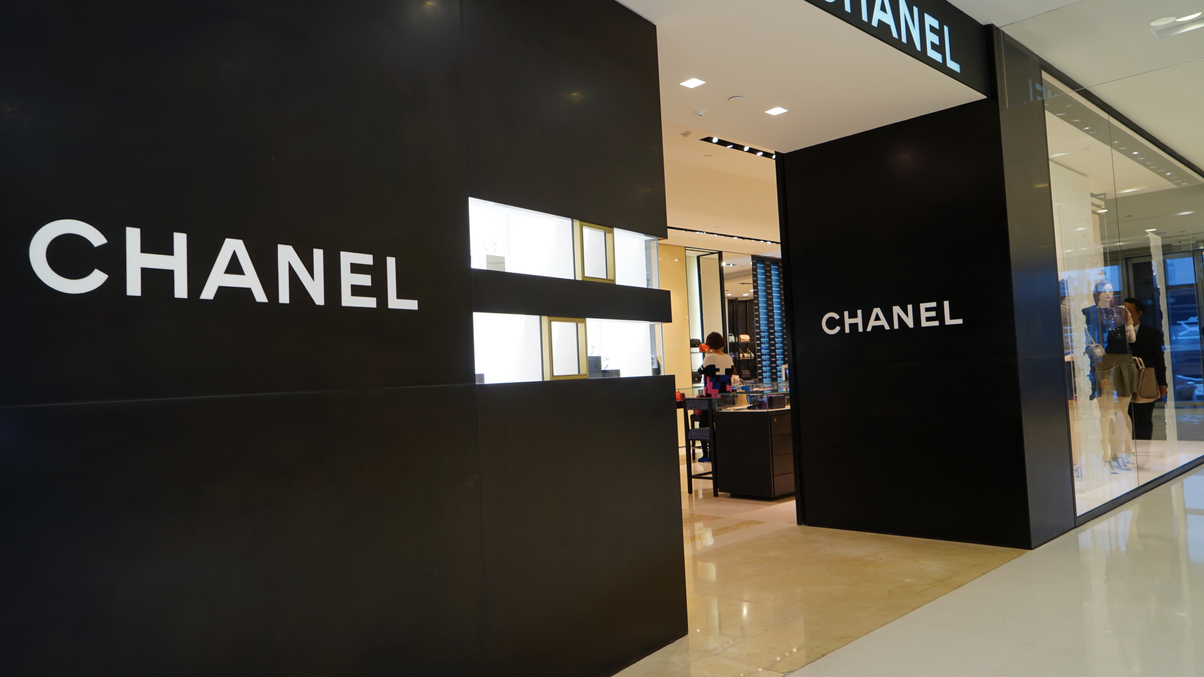Chanel family office eyes China LBO, distressed PE deals
The family office of the owners of luxury fashion company Chanel, Mousse Partners, is interested in middle-market buyout opportunities in both developed and developing Asia, especially with experienced private equity firms’ emerging funds.

Mousse Partners, family office of the owners of luxury fashion company Chanel, sees private equity opportunities in China’s onshore renminbi market, including leveraged buyout (LBO) and special situation deals.
Sign in to read on!
Registered users get 2 free articles in 30 days.
Subscribers have full unlimited access to AsianInvestor
Not signed up? New users get 2 free articles per month, plus a 7-day unlimited free trial.
¬ Haymarket Media Limited. All rights reserved.


